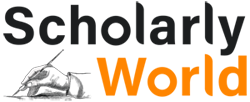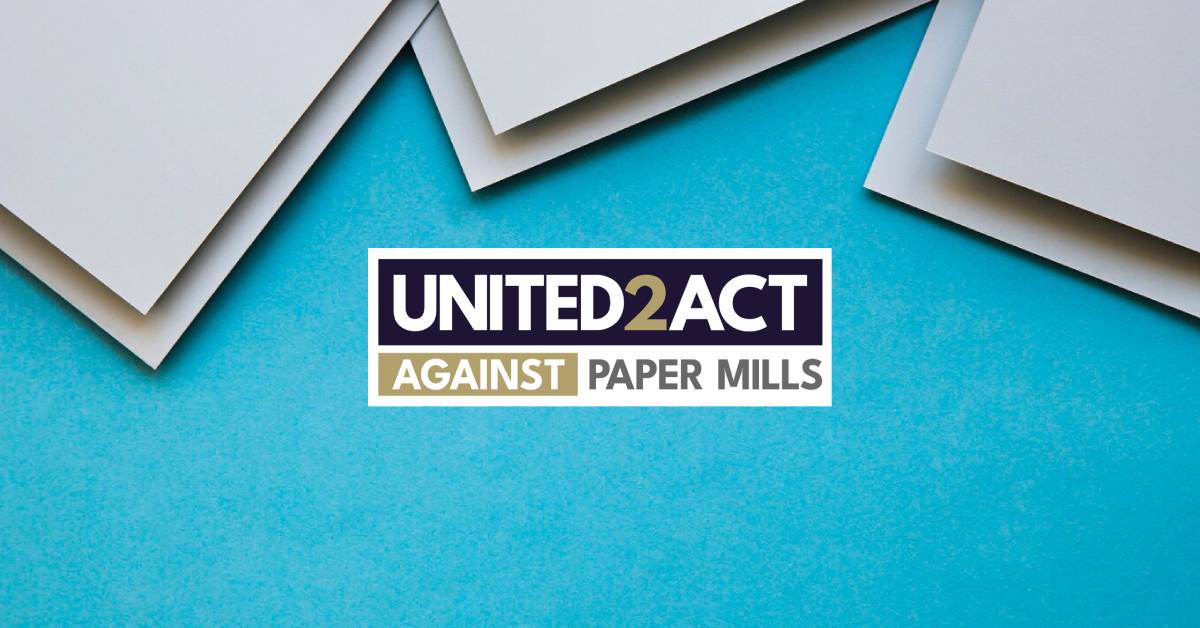The integrity of scholarly publishing is a cornerstone of academic progress, yet it faces a persistent threat from unethical practices such as those perpetuated by paper mills. Paper mills are organizations or entities that produce fraudulent research articles, often using fabricated or manipulated data, for profit. These deceptive practices undermine the credibility of academic literature, waste valuable resources, and erode trust within the research community.
In response to this growing challenge, the United2Act initiative was launched in 2023 under the leadership of the STM Association and the Committee on Publication Ethics (COPE). United2Act brings together a coalition of publishers, researchers, institutions, and infrastructure providers to address the issue of paper mills collaboratively and systematically.
Key Focus Areas of United2Act
The initiative is structured around five core areas of focus:
- Education and Awareness: United2Act emphasizes the need for comprehensive education to raise awareness about paper mills among researchers, editors, reviewers, and publishers. The initiative is developing educational materials and organizing workshops to equip stakeholders with the knowledge to identify and combat fraudulent submissions.
- Improving Post-Publication Corrections: Swift and transparent corrections to the academic record are vital when misconduct is uncovered. United2Act is working to streamline communication between stakeholders to ensure efficient retractions, corrections, or updates to published works.
- Research on Paper Mills: Understanding the operations and regional variations of paper mills is essential for counteracting their influence. The initiative supports research aimed at mapping the scope and impact of these entities, with particular focus on vulnerable disciplines and regions.
- Development of Trust Markers: Identity verification tools are a key part of safeguarding the peer review and publication process. United2Act is collaborating with technology providers to develop and implement robust mechanisms that authenticate the identities of authors, reviewers, and editors.
- Facilitating Dialogue Between Stakeholders: The initiative serves as a platform for collaborative efforts, uniting stakeholders across the scholarly publishing ecosystem to share best practices and drive collective action against paper mills.
Recommendations for United2Act
To enhance the effectiveness of its efforts, United2Act should consider the following recommendations:
- Global Monitoring Network: Establish a centralized global network for monitoring paper mills and their activities, allowing publishers and institutions to share intelligence and identify patterns of misconduct.
- Standardized Reporting Protocols: Develop universal reporting protocols for suspected paper mill submissions to ensure consistent and efficient handling across different journals and publishers.
- Integration of AI Tools: Leverage advanced AI and machine learning tools to detect anomalies in manuscripts, such as repetitive phrasing, unnatural statistical patterns, or irregularities in authorship.
- Legal Frameworks: Advocate for stronger legal actions against paper mills, including partnerships with international law enforcement to dismantle these operations.
- Funding Support for Ethical Publishing: Provide resources and incentives for journals in low-resource settings to adopt best practices, such as training and technology for fraud detection.
Recommendations for Publishers
Publishers play a critical role in safeguarding the integrity of academic publishing. To avoid inadvertently becoming complicit in paper mill activities, publishers should:
- Strengthen Peer Review Processes: Implement robust peer review systems that include mandatory verification of author credentials and affiliations.
- Adopt Transparent Policies: Clearly outline submission guidelines and ethical standards, making it explicit that fraudulent submissions will result in serious consequences.
- Invest in Technology: Utilize tools for plagiarism detection, image analysis, and data validation to identify manipulated content.
- Collaborate with Institutions: Work closely with academic institutions to verify authorship claims and detect patterns of misconduct associated with specific institutions or regions.
- Conduct Periodic Audits: Regularly audit accepted papers to ensure compliance with ethical guidelines and detect any signs of fraudulent activities.
- Foster a Culture of Integrity: Engage authors, editors, and reviewers in discussions about research integrity and the harmful effects of paper mills on the academic ecosystem.
The United2Act initiative represents a significant step forward in addressing the paper mill threat, but its success depends on sustained collaboration and innovation across the scholarly publishing community. By adopting the recommended strategies and engaging all stakeholders, United2Act and publishers can protect the integrity of academic literature, ensuring that research continues to advance knowledge and benefit society.

